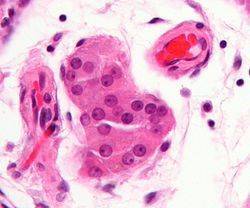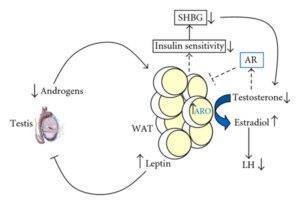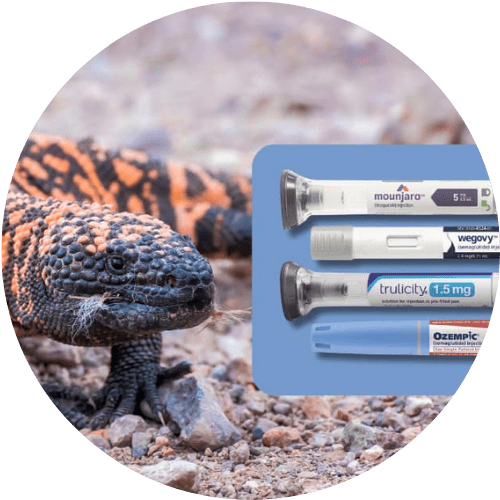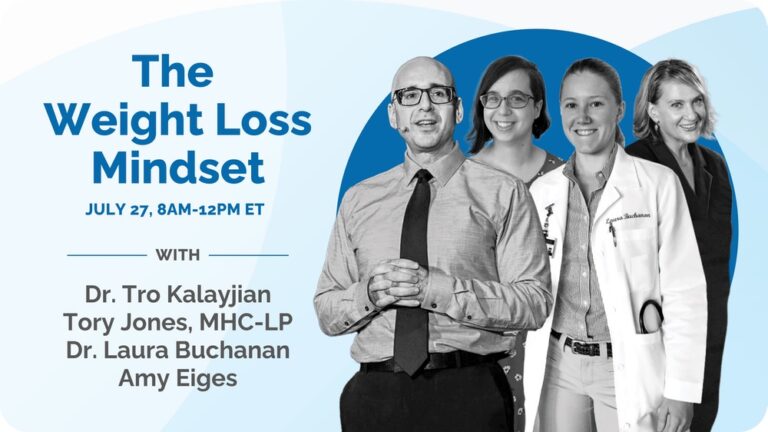Testosterone is a steroid, anabolic hormone made in the testes and ovaries. There are specific cells, called Leydig cells, which sit in the testes that are the predominant manufacturing cell of testosterone in males.

Cholesterol is the precursor to testosterone production and starts when cholesterols enters the mitochondria of the Leydig cells. There are metabolites to testosterone and less beneficial/bioactive forms of testosterone that can be modulated by the presence of certain enzymes that inhibit or divert testosterone production. For example the enzyme aromatase found in adipose (fat) tissue can convert testosterone to estradiol.

Testosterone production is also regulated by feedback from the pituitary and the hypothalamus, two endocrine organs that are in the brain.
Obesity & metabolic syndrome are closely linked to low testosterone, this meta-analysis (https://pubmed.ncbi.nlm.nih.gov/20807333/) demonstrates that both metabolic syndrome and diabetes are independently associated with low testosterone production. Other studies have confirmed these findings.
Another recent meta-analysis demonstrated a link between low-fat diets and low testosterone levels (https://doi.org/10.1016/j.jsbmb.2021.105878). Many interventional studies of diet interventions have shown similar findings that low fat can be deleterios for testosterone in men (https://pubmed.ncbi.nlm.nih.gov/1435181/). This short intervention study showed that lowering saturated fat reduces the serum concentrations of androstenedione, testosterone and free testosterone (https://pubmed.ncbi.nlm.nih.gov/1435181/). This controlled study showed a marked increase in testosterone with a high fat, low fiber diet and conversely showed that testosterone decreased when fat was decreased and fiber was increased (https://pubmed.ncbi.nlm.nih.gov/15741266/). Very similar findings were demonstrated in this study (https://pubmed.ncbi.nlm.nih.gov/8942407/).
Low Carb to the Rescue…
It’s important to note that low carb/keto diets don’t seem to affect testosterone as negatively. In this meta-anaylsis, low carbohydrate, high-fat diets seemed to improve testosterone levels (https://doi.org/10.1177/02601060221083079), interestingly the study suggsted that higher protein diets that are also low in fat may may lower testosterone. A recent interventional study showed that even a very low calorie diet when very high in fat can maintain or improve testosterone levels (https://doi.org/10.1111/andr.13357)
You can detect low testosterone with a couple of blood tests including free and total testosterone, SHBG, and bio-available testosterone, but as mentioned before given that testosterone is regulated by other organs, other substrates and diverted way by certain enzymes, It’svery important to also look at upstream and downstream causes/factors as well. I typically check lipids, lp-ir, insulin level, TSH, prolactin, estradiol, glucose, folate, b12, vitamin d3, and some other labs. It.s important to look for both metabolic syndrome and poor nutritional status as well as other hormonal levels. Ultimately “low testosterone” should be diagnosed by clinical symptoms AND labs, not either alone. Furthermore, I wouldn’t necessarily trust the supposed modern “normal” lab values. For example, a 30-40 year old male patient with a 275 testosterone would be considered normal but its NOT, its just within the norms of what modern doctors see and what the modern labs have decided to be statistically normal NOT clinically normal. The same principles apply to a1c, triglycerides and vitamin D, see my post about the supposed “pre-diabetes” here.

Ultimately, depending on the cause, before we typically consider treatment, we often try to employ dietary and lifestyle change. We have seen testosterones of 200 go to 600 in a couple of months without any pharmacologic treatment just some steaks and eggs.
If patients require treatment, there are typically two basic conventional approaches: TRT or clomiphene. Both can result in profound positive changes in mental, physical and sexual health and both TRT & clomiphene are acceptable options with minor risks and side effects that deserve some consideration. There are some other considerations including whether to use a transdermal approach or an injection, but that is outside of the scope of this write-up. On a separate aside, testosterone supplementation is also indicated in women with hypo-sexuality. The dose is typically a micro-dose of about 1/10-1/20th that needed typically for men.
Bottom Line: reverse the obesity, reverse the metabolic syndrome and insulin resistence and many wont need treatment. In general, treatment should not be withheld as TRT/clomiphene can drastically improve the quality of life for male patients. Note that clomiphene use for this indication is considered off-label, which means it is not an FDA-approved indication, despite being used in the field for decades.






